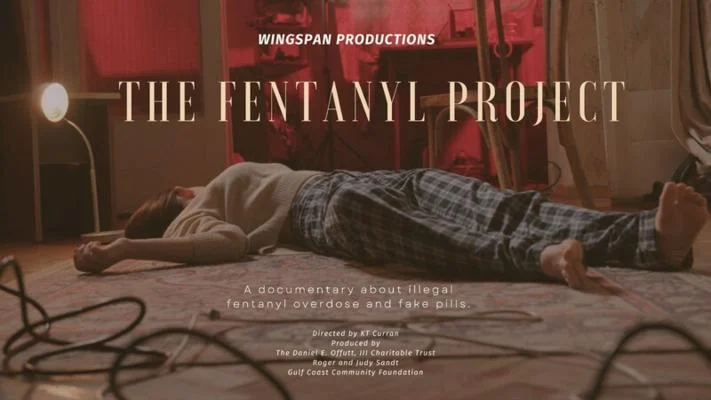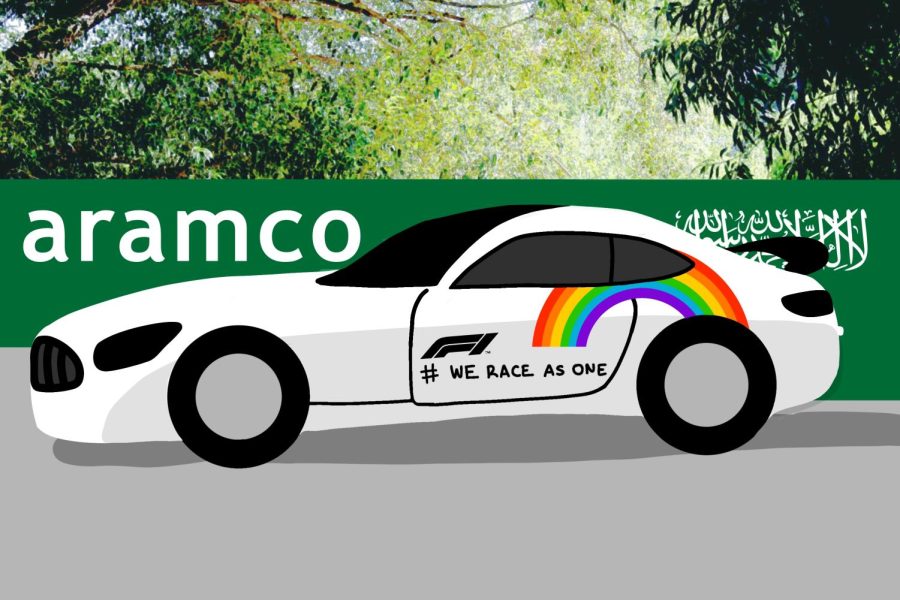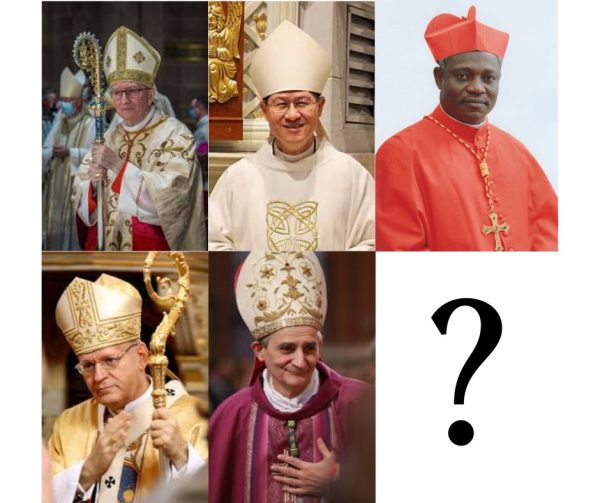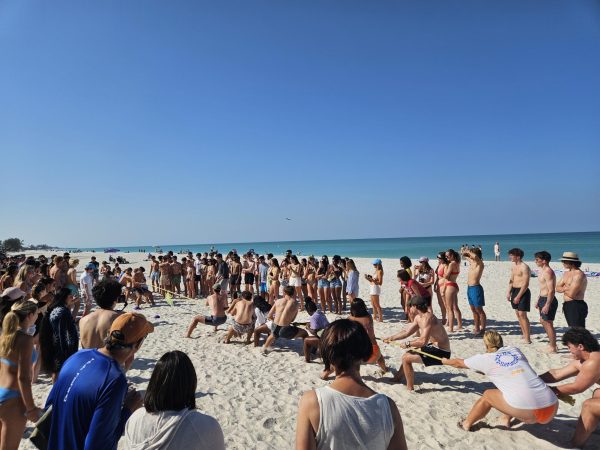The hypocrisy of the righteous
The Formula One safety car with in the #WeRaceAsOne livery. Artwork by Evanthia Stirou
January 19, 2022
I’ve always had a keen interest in sports. Whether it was soccer, basketball, or recently Formula One, I’ve always found myself drawn to live athletics with loud and intimate atmospheres.
Recently in 2020, the deaths of Brianna Taylor, George Floyd, and Jacob Blake sparked mass debate and activism across the the world about discrimination and persecution based on race.
While activism for these movements has always been popular, 2020 changed the movement for equality forever. Prior to 2020, advocacy for social justice was relatively uncommon in sports. Besides several players in sports leagues taking action, either by showing solidarity on social media, making speeches, or in the case of the NFL, kneeling during the national anthem in protest of police brutality and violence. At the time, popular opinion was relatively against such actions of protest, with some angry fans burning jerseys and boycotting games.
After the violent and chaotic summer of 2020, this all changed. In reaction to multiple calls for action and popular opinion supporting activism, major sports leagues and competitions began sponsoring activism, compared to earlier attempts to quell them. In Formula One, the FIA (The governing body of racing), enacted a campaign against discrimination and racism called “We Race As One”. In a gesture of support for the campaign, the drivers would gather in a half circle and kneel or stand for a prolonged period of time in silence.
Statements in support of equality and against racism are an amazing way to show support and spread the word in the name of making society a better place for all. However, sports leagues and their players, while supporting activist movements in the most open ways possible, contradict those same values through their actions abroad.
The FIA stated in its press release on the “We Race As One Initiative” that “We want to use our restart to show that we as a sporting community stand united against racism and are doing more to address inequality and diversity in Formula One
The issue is that the sport accepts money and gives positive light to some of the most repressive regimes on the planet. The sport has direct relationships and sponsorships from countries where homosexuality is illegal and punishable by death or prison, women do not have rights under religious laws, and freedom of speech is almost non-existent. The fact that Formula One’s sponsorships and some races that are held in the Middle East and China are sponsored by government owned companies is no accident.
It is widely known that these governments are repressive and do not uphold the same principles that “We Race As One” has. But Formula One, like most sports leagues in the 21st century, receives a lot of sponsorships and financial support from Middle Eastern countries.
What makes Formula One different is that its competition fully intertwines with the governments of Middle Eastern nations. The entanglement comes in the sponsorships from state-owned companies and actively holding four races in Bahrain, Qatar, Saudi Arabia, and the United Arab Emirates, all of whom restrict human rights that don’t fit the theme.
Formula One receives massive amounts of money from two of its two main sponsors, Saudi Aramco and Emirates Airlines. Saudi Aramco is a state owned oil company from Saudi Arabia. It is state owned, and is the most profitable company in the world. Emirates Airlines is owned by the government of the Emirate of Dubai, using its extravagant commercials to attempt to boost tourism in the UAE. Along with getting sponsorships for airtime on television, Formula One names their races with the companies name. Examples like “Formula One Saudi Aramco Grand Prix of Spain” or “Formula One Emirates Grand Prix of France” are just a few of the many sponsored races.
Most importantly, the races held in Middle Eastern countries are a prime example of advertising.
The races in the Middle East are a great way to show the advancement of their respective nations, with cameras panning the stunning skylines of Abu Dhabi, Doha, and Jeddah.
Formula One isn’t employing these measures for the sake of actually advancing society through sponsoring positive change; it is a PR attempt to show the populace that they “care”. Accepting money from government owned corporations and proceeding with competitions in countries that have horrible human rights records is purely for financial gain, portrays the hypocrisy of the righteous. A recent example of the hypocrisy was during the Saudi Arabian Grand Prix, when the chairman of Saudi Aramco along with taking up the entire racetrack with sponsorships, was granted the privilege to present a trophy for the race to activist driver Lewis Hamilton.
If Formula One will have an initiative and recorded video in support of equality and sustainability before every race, it is an insult to see the chairman of a Saudi Arabian Oil Company (Also the biggest Oil Company on Earth) presenting trophies at the race. In attendance as well was the infamous Crown Prince of Saudi Arabia, a man once named a great reformer, until he instructed government agents to assassinate and dismember journalist Jamal Kashoggi in 2019.
If the FIA was to actually care about equality and sustainability they would cease oil money sponsorships and not race in nations where human rights are infringed upon daily by the government, this includes Russia and China as well.



























































Jet • Jan 19, 2022 at 3:41 pm
Masi and hammy sbinila